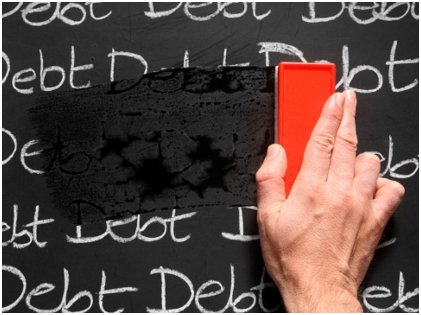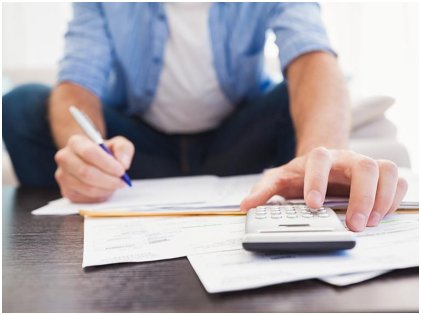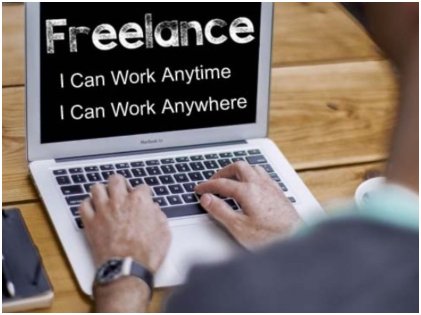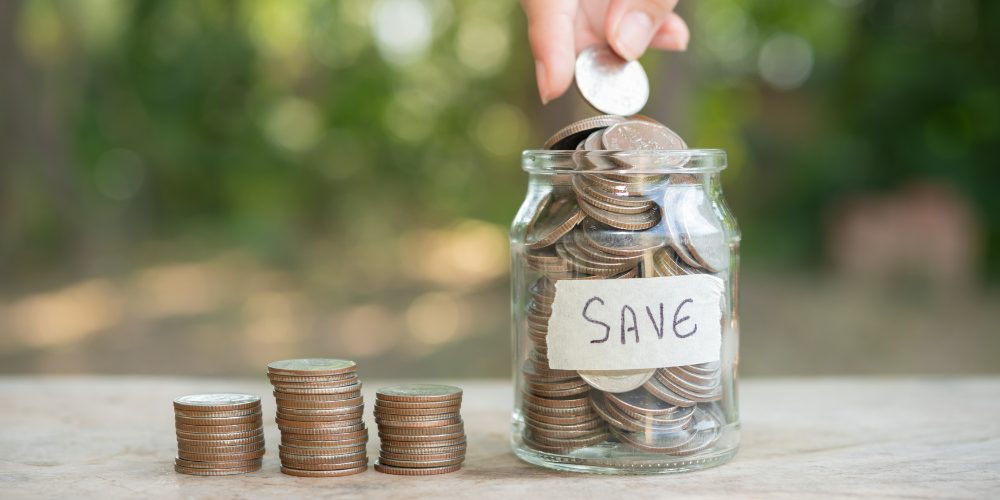Most people dream of having big, fat bank accounts. They want to achieve life goals, such as buying a dream home or going to various places. If you are sustaining on a low income, turning your dreams into reality might seem next to impossible. Twenty-five million American families live paycheck to paycheck, according to a recent CNN report. When you are just struggling to increase your monthly income, can you aim at having a bigger bank account? Theoretically, when you are low on money, you should aim at saving more. Even if you are earning a trifling amount of money every month, here’s how you can max out your savings:
Deal With Your Debt First
 To start saving big, you need to tackle your outstanding debt first, if any. Personal loans and credit card loans usually come with higher interest rates. In addition to that, you might be forced to pay exorbitant fees. When you are repaying your high-interest loans, you should have a realistic but challenging plan. For a start, you can pay off the loans that come with higher interest rates. As you move on, you should stop accruing more debts. Try not to use your credit card frequently as credit card interest rates are usually quite high.
To start saving big, you need to tackle your outstanding debt first, if any. Personal loans and credit card loans usually come with higher interest rates. In addition to that, you might be forced to pay exorbitant fees. When you are repaying your high-interest loans, you should have a realistic but challenging plan. For a start, you can pay off the loans that come with higher interest rates. As you move on, you should stop accruing more debts. Try not to use your credit card frequently as credit card interest rates are usually quite high.
Axe Your Expenses
 Having a bigger bank account with a low income is not an easy feat. At times, you will feel helpless. You need to try every money-saving hack you know, such as having food at home instead of dining out, canceling your cable TV subscription for a few months, and recycling. However, one golden rule of cutting your expenses short is to focus on the bigger ones. Most people in the USA find housing costs going through the roof every month. If you are living in a rented house, you may downsize to a less expensive home. If you are living in your own home, check out whether refinancing for a lower mortgage rate would be profitable or not. You can consider renting out your garage or a room to earn some extra cash.
Having a bigger bank account with a low income is not an easy feat. At times, you will feel helpless. You need to try every money-saving hack you know, such as having food at home instead of dining out, canceling your cable TV subscription for a few months, and recycling. However, one golden rule of cutting your expenses short is to focus on the bigger ones. Most people in the USA find housing costs going through the roof every month. If you are living in a rented house, you may downsize to a less expensive home. If you are living in your own home, check out whether refinancing for a lower mortgage rate would be profitable or not. You can consider renting out your garage or a room to earn some extra cash.
Look For ‘Free Money’
 Reap the benefits of ‘free money’ whenever you see a chance. If your income is low, you might be eligible for EITC or Earned Income Tax Credit. The IRS website says that you may qualify to get a sizeable return on your income tax. This way, you can retain more of your earnings which can go up to thousands of dollars. Additionally, you should also look into the 401K and check if your employer contributes a certain percentage of your allotted contribution. If they contribute, you should begin saving as much as you can because the employee contribution is actually free money which you can save for a rainy day.
Reap the benefits of ‘free money’ whenever you see a chance. If your income is low, you might be eligible for EITC or Earned Income Tax Credit. The IRS website says that you may qualify to get a sizeable return on your income tax. This way, you can retain more of your earnings which can go up to thousands of dollars. Additionally, you should also look into the 401K and check if your employer contributes a certain percentage of your allotted contribution. If they contribute, you should begin saving as much as you can because the employee contribution is actually free money which you can save for a rainy day.
Keep A Lean Budget
You need to have full control over what you spend on and how much you shell out. To start with, make a list of things which you won’t mind spending a few extra bucks in, and keep the remaining of your budget as lean as you can. Yes, you need to make a few sacrifices, but that’s part of the challenge. Always try to spend moderately. For example, if you usually dine out once a week, try to dine out once a month this time.
Start Doing An Additional Job
 Diversifying your earning is the best way to fill up your bank account with more money fast. You might consider doing a side job. Aside from doing your day job, you can start a side hustle to maximize your earnings. There is no dearth of work-from-home jobs which you can do in your leisure time. Even your hobbies can earn you extra cash. It can be just about anything. Additionally, you can hold a garage sale and make money out of your old, unused things like clothes, books, and furniture.
Diversifying your earning is the best way to fill up your bank account with more money fast. You might consider doing a side job. Aside from doing your day job, you can start a side hustle to maximize your earnings. There is no dearth of work-from-home jobs which you can do in your leisure time. Even your hobbies can earn you extra cash. It can be just about anything. Additionally, you can hold a garage sale and make money out of your old, unused things like clothes, books, and furniture.
Having a value-based savings plan helps in saving money. You need to be a smart saver in order to get a bigger bank account. You might consider using free smartphone apps that would help you in tracking your spending every month. This way, you can easily figure out whether you have gained financial independence or you need to rebalance. Asset allocation needs to be done with caution, and you need to know your risk profile as well. Consult a personal financial advisor if you are in doubt.


